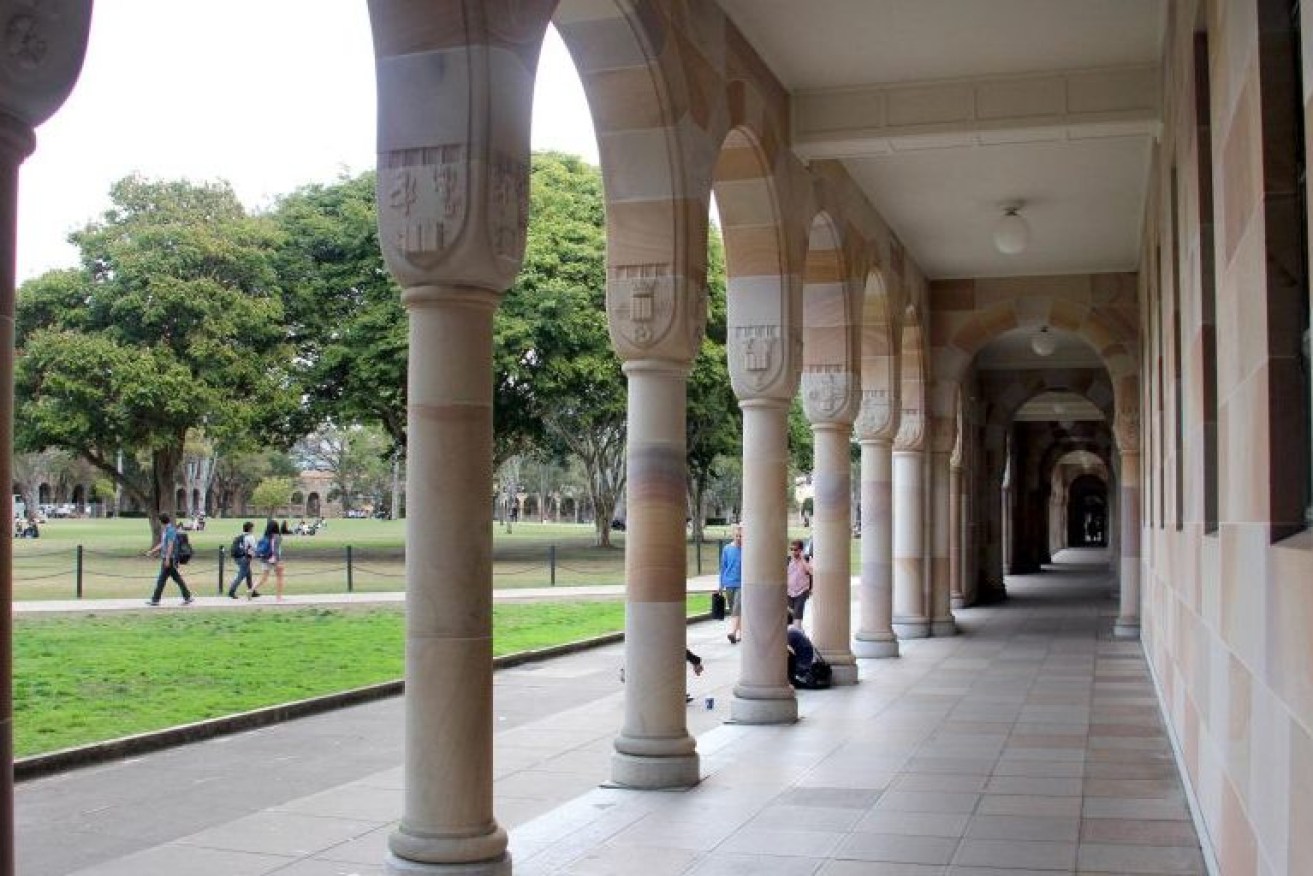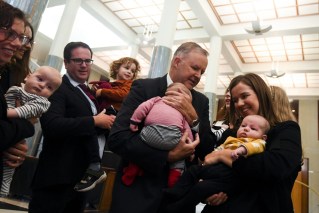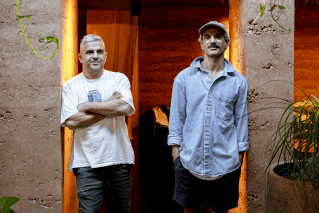Even our sharpest minds did not see the economic iceberg now shaking universities
Less than two months ago most Queensland universities were predicting plain sailing this year despite the emerging signs of a COVID-19 pandemic. Today the state’s once-booming international education and training sector is in the fight of its life, writes Robert MacDonald.


Who could have predicted the still-unfolding impact of COVID-19?
Not the majority of Queensland’s public universities.
Barely six weeks ago, most of them were still forecasting plain sailing in 2020 despite the early signs of a potential pandemic spreading from China’s Wuhan province.
The state’s seven public universities – University of Queensland, James Cook, Central Queensland, Sunshine Coast, Southern Queensland, Griffith and QUT – are required to file an annual report with the State Government.
All seven reports were tabled in Parliament on 31 March, all of them signed off in mid-or-late February by their respective powers that be.
That’s to say, weeks after the first reports of COVID-19-virus-related deaths in China and several weeks after the Australian Government’s February 1 banning of Chinese nationals from coming to Australia.
Four of the universities – James Cook, Sunshine Coast, Central Queensland and Southern Queensland – made no mention at all of COVID-19, or the possibility of disruptions to business as normal in the year ahead.
Central Queensland University, where a quarter of enrolments last year were international students, was confident enough to write in notes to its financial accounts, under the heading, “Events occurring after the end of the reporting period”:
“There are no material matters which have arisen subsequent to year end that significantly impact upon the operations of the University.”
Sunshine Coast and James Cook Universities used similar, nothing-to see here language, while Southern Queensland University offered no opinion at all about the year ahead.
Of the others, QUT acknowledged COVID-19-related uncertainties ahead but couldn’t estimate the potential damage:
“The university is monitoring the situation, applying risk mitigation strategies, and assessing potential flow-on effects upon revenue derived from international student enrolments.
“The effects are not able to be reliably estimated at this point in time.”
Griffith University took a similar line:
“The recent COVID-19 outbreak and subsequent travel restrictions from mainland China will impact income in 2020.
“At the date of signing the financial statements, given the evolving circumstances the total impact cannot be reliably estimated.”
Only the University of Queensland took a stab at guessing the cost.
“While the impact on revenues is unknown at this time, the university’s 2020 revenue may be negatively impacted by an estimated $100–$200 million.”
But that figure was based on the assumption the travel ban would be lifted before the second semester.
In summary, less than two months ago, even the people in charge of an industry full of very smart people and heavily reliant on international income, had scant idea of what was about to happen next.
And what happens next is important for both the universities and for Queensland.
The state’s international education and training sector, which includes not only the state’s universities but also training colleges and English language schools and support services, such as student housing, now generates $5.4 billion for local economy and employs 23,000 people.
Australia’s IET sector, fortunately, is well-organised, with a plethora of peak bodies and a close engagement with government.
Which means a lot has happened in the weeks since those annual reports were signed off:
Universities have quickly moved their teaching and support services online.
Governments have relaxed rules and regulations; institutions can do more online teaching for international students, who can also work more hours, particularly in supermarkets and aged care facilities.
Education Minister Dan Tehan is also expected to take an industry support package to Cabinet, possibly as early as this week, something the ELICOS – or English Language Intensive Courses for Overseas – sector in particular, is desperately waiting for.
ELICOS providers collectively have been described as the canary in the coal mine for the broader IET industry and in late March, its peak body, English Australia, wrote to Prime Minister Scott Morrison asking for a rescue package totalling nearly $90 million.
Whether they get the money they want, or whether our universities can continue to weather the months ahead with minimal pain, is of course still to be seen.
But for now, UQ’s estimates of revenue losses of up to $200 million would seem to be just the start of the pain for Queensland – and Australia’s – once high-flying IET sector.












